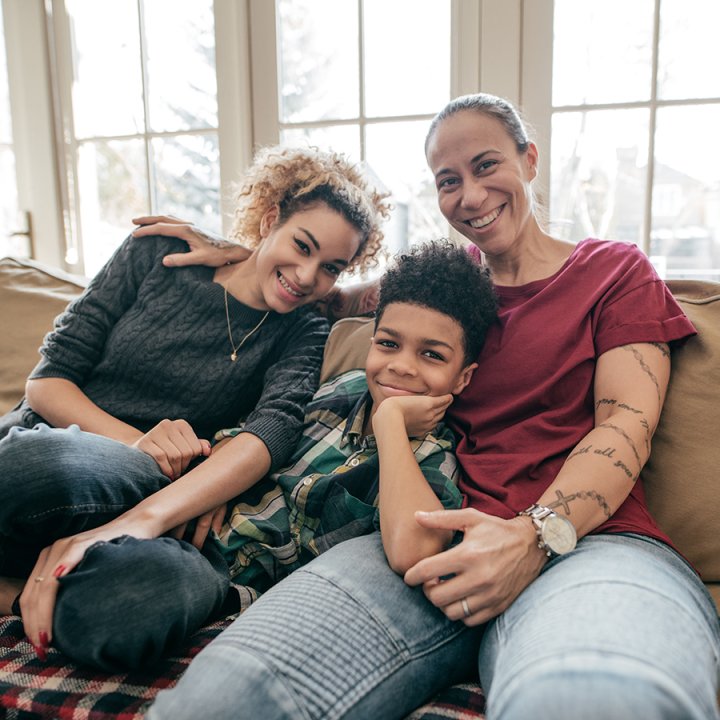Family First in Colorado
All children and youth should grow up in a safe, stable and secure family that supports their long-term well-being. Research shows that growing up in a family is essential for all kids, especially those who have experienced abuse or neglect.
The Family First Prevention Services Act (Family First) is a federal law that allows local child welfare agencies to use federal funding to pay for services that keep kids safe, growing up in their families.

Family First provides Colorado the opportunity to ….
- Reshape child welfare and provide more proactive services, so more children and youth can grow up with their family.
- Partner with community-based service providers to respond to the individual needs of children, youth and families.
- Provide treatment in a setting that is designed to provide a higher level of care.

Prevention Services
Children and youth should grow up with a family. Most children and youth who receive help through child welfare services are not removed from their homes. Last year, nearly 70 percent of Colorado children and their families involved in an open child welfare case received services in their own homes. For the first time, Family First allows Colorado to use federal funding to serve these children and their families with treatment programs that are short-term, customized therapeutic support. Quality prevention services and strong federal, state and community collaborations are the foundation for Family First policies. Prevention services must be trauma-informed, evidence-based, approved, and subject to a well-designed and rigorous evaluation.
Placement Services
If a child or youth is unable to safely live with their parents or caregivers, they should grow up in the least restrictive setting. Caseworkers look for kinship families – relatives or other trusted, safe adults – who the child or youth knows. When no kin is available, foster families step in to provide care and safety.
Sometimes, short-term treatment in congregate care can help provide the services and stability a child or youth needs before they transition to a family-like setting, where they are better able to address their past traumatic experiences.


Training and Resources
There is a lot of information available about Family First. We are committed to providing accurate and relevant information to help everyone understand and successfully implement Family First. We think these resources will help.